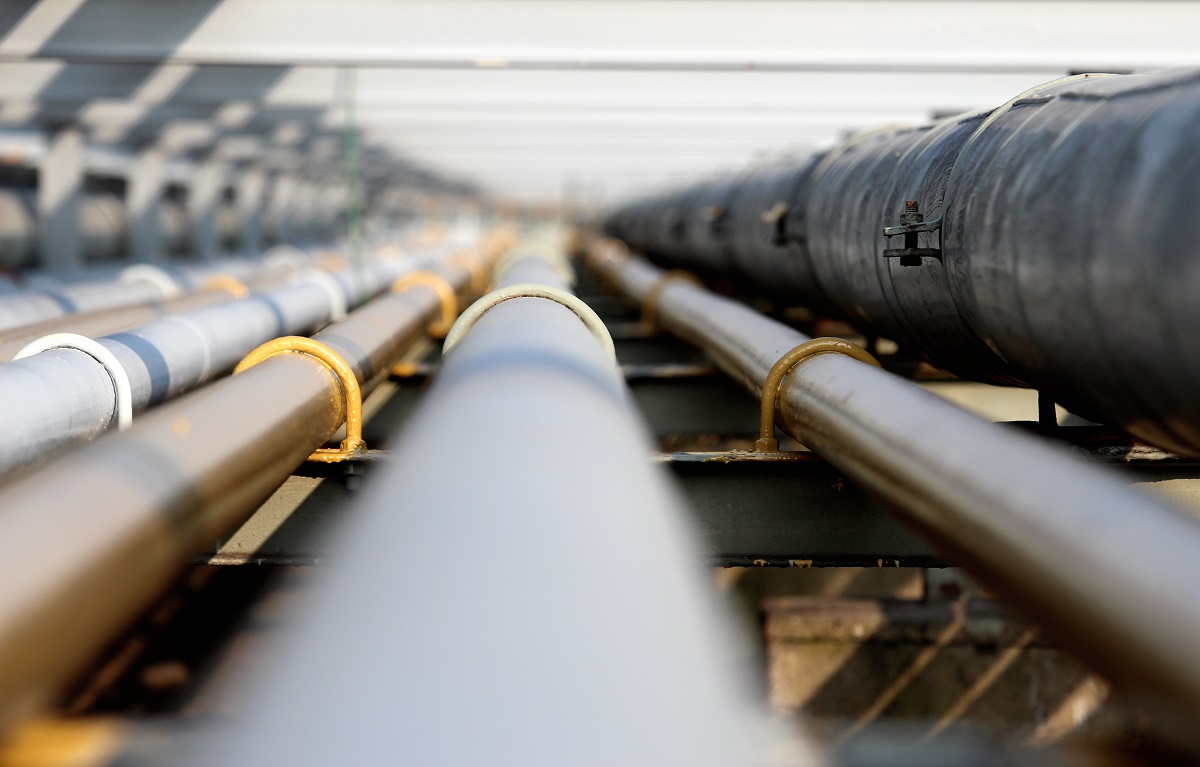More Talks Needed Before Resuming Iraq-Turkey Pipeline Exports; Officials Cite 'Political' Issues
BAGHDAD, June 19 (Reuters) - Further talks will be needed in order to resume Iraq's northern oil exports, two officials told Reuters today following a meeting between a Turkish energy technical delegation and Iraqi oil officials in Baghdad on Monday.

"We are discussing all technical aspects regarding the restarting of oil exports. A decision to resume flows will not happen today and more meetings are expected," an oil official familiar with the meeting said on condition of anonymity.
Turkey halted Iraq's 450,000 bpd of northern exports through the Iraq-Turkey pipeline on March 25 after an arbitration ruling by the International Chamber of Commerce (ICC).
Turkey wants to negotiate the size of damages it was ordered to pay in the arbitration ruling and seeks clarification on other open arbitration cases, said another oil official.
Turkey's decision to suspend exports followed an arbitration ruling by the International Chamber of Commerce (ICC), which ordered Turkey to pay Baghdad damages of $1.5 billion for unauthorized exports by the KRG between 2014 and 2018.
"A decision to restart oil flow needs political talks on higher levels. Issues blocking the resumption of oil exports are more political than technical," said a second oil official.
Attempts to restart the pipeline were delayed by Turkey's presidential elections last month and discussions between state-owned marketer SOMO and the KRG over an export deal, which has now been reached.
Hopes of a restart increased when Turkey's President Tayyip Erdogan named Alparslan Bayraktar as energy minister on June 3 as part of his cabinet for his new five-year term.
Reuters estimates that the Iraqi Kurdish region has lost more than $2.2 billion over the 87 days of the pipeline outage, based on exports of 375,000 bpd and the KRG's historical discount against Brent crude.
Baghdad has now approved its 2023 budget, in which the Kurdistan region will receive 12.67% of the 198.9 trillion-dinar ($153 billion) allocation.
But the region needs to hand its oil to state-owned marketer SOMO to receive its allocation and the pipeline halt has shut in almost of its oil output.
The KRG has been dependent on financial transfers from Baghdad, which have so far reached around 1.6 trillion Iraqi dinars ($1.22 billion), according to four Iraqi government officials.
U.S. congress members have urged U.S. secretary of state Antony Blinken to continue pressing Turkey and Iraq to resume oil exports, according to a letter dated June 15 seen by Reuters.
The letter states that the pipeline halt has cut off the Kurdistan region from over 80% of its revenue, raising concerns over the region's economic stability and the risk of a "significant humanitarian crisis."
"With global supplies of oil and gas facing a continuing threat from Russia's invasion of Ukraine, it's more important than ever to have harmony within Iraq's oil sector," the letter signed by Michael Waltz, Don Bacon and Seth Moulton said.
Related News
Related News

- Keystone Oil Pipeline Resumes Operations After Temporary Shutdown
- Freeport LNG Plant Runs Near Zero Consumption for Fifth Day
- Biden Administration Buys Oil for Emergency Reserve Above Target Price
- Mexico Seizes Air Liquide's Hydrogen Plant at Pemex Refinery
- Enbridge to Invest $500 Million in Pipeline Assets, Including Expansion of 850-Mile Gray Oak Pipeline




Comments